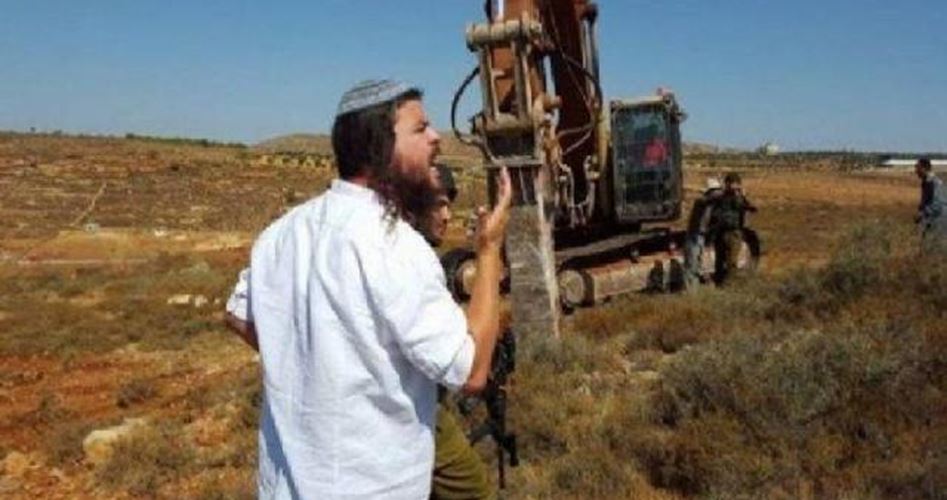
جرف مستوطنون، اليوم الجمعة، أراضي المواطنين قرب قرية عين البيضا بالأغوار الشمالية، والتي تقام عليها مستوطنة “ميخولا”.
وأفاد الناشط الحقوقي عارف دراغمة أن المستوطنين شرعوا في تجريف أراض زراعية، وأحضروا أشجار زيتون قرب عين البيضا، علما أن الأراضي مملوكة بأوراق “الطابو” لمواطنين فلسطينيين.
يذكر أن المستوطنين يستولون على مساحات كبيرة من الأراضي الرعوية في الأغوار الشمالية.
وتقيم قوات الاحتلال نحو 503 بؤر استيطانية منها 474 في الضفة، و29 في القدس، تشكل مساحتها أكثر من 46% من إجمالي مساحة الضفة الغربية، يقطن فيها قرابة 700 ألف مستوطن، ينفذون اعتداءات شبه يومية في الأراضي الفلسطينية المحتلة.
المصدر: المركز الفلسطيني للاعلام